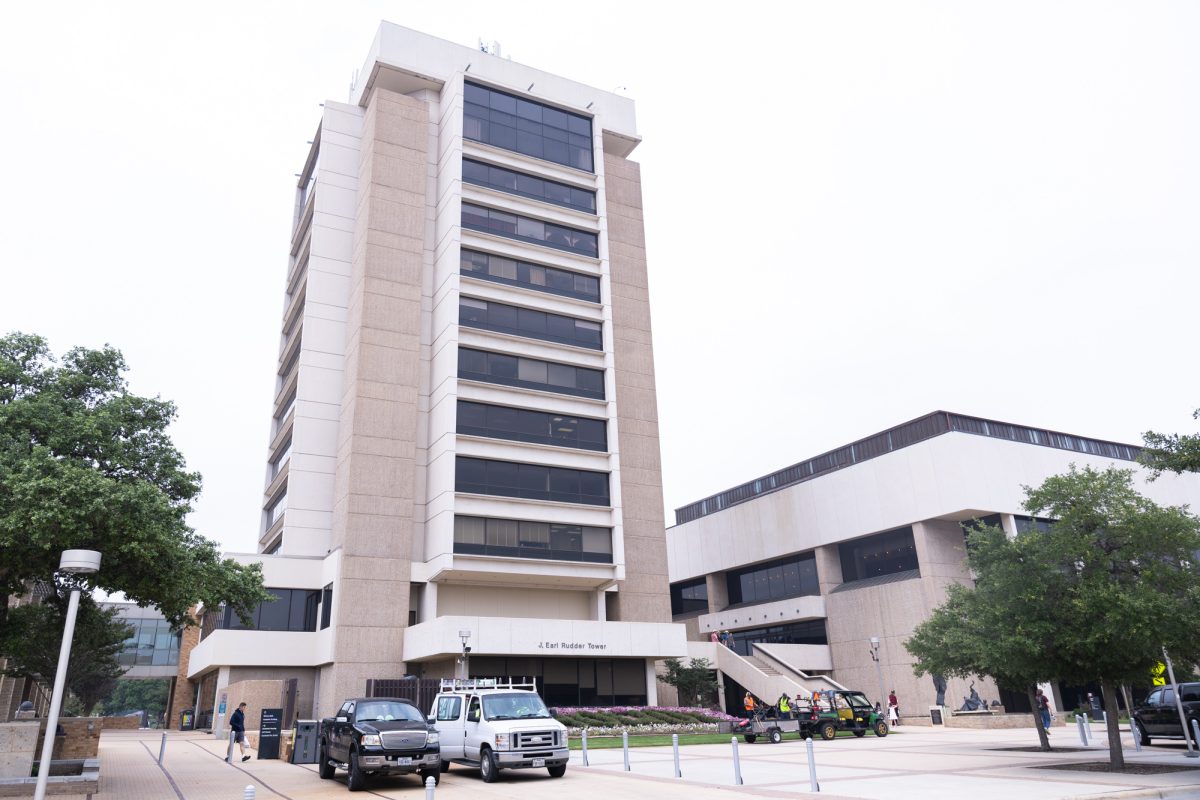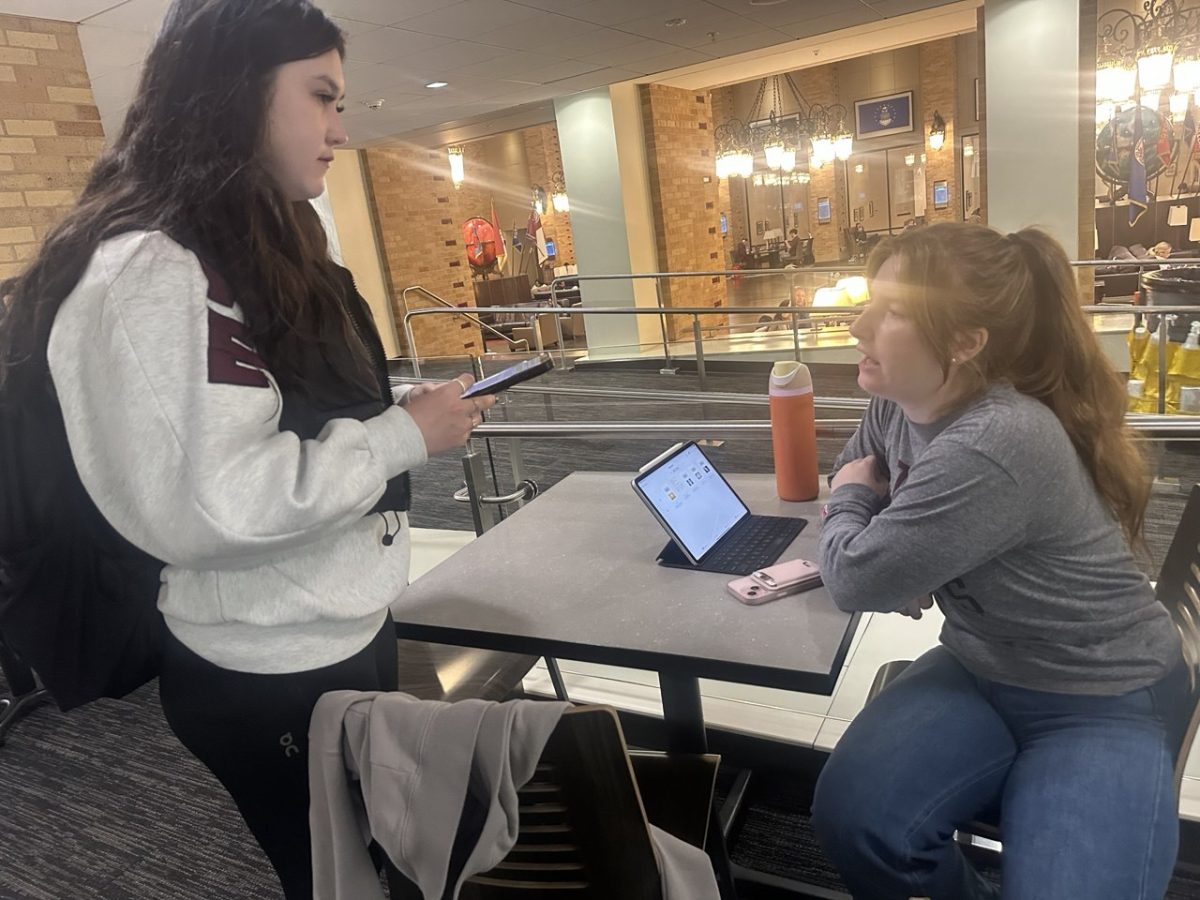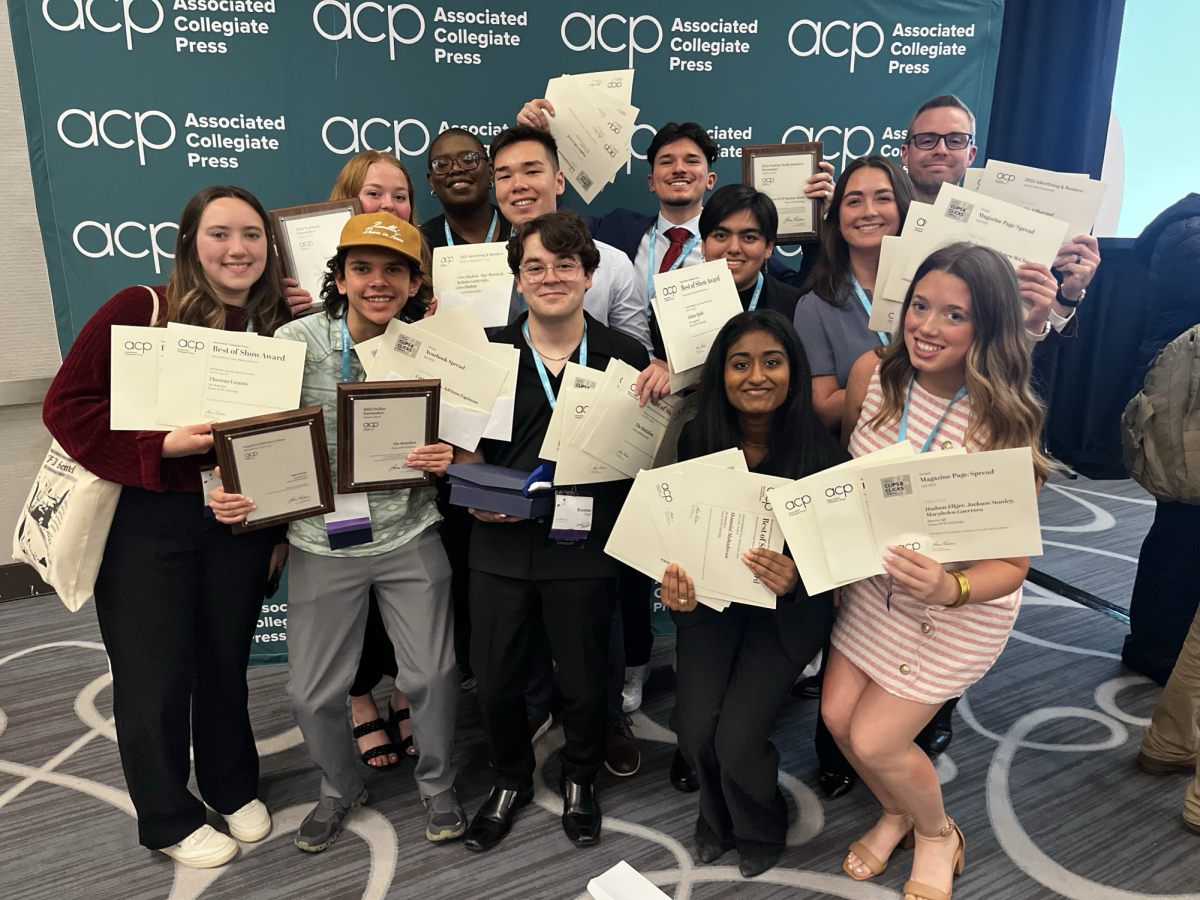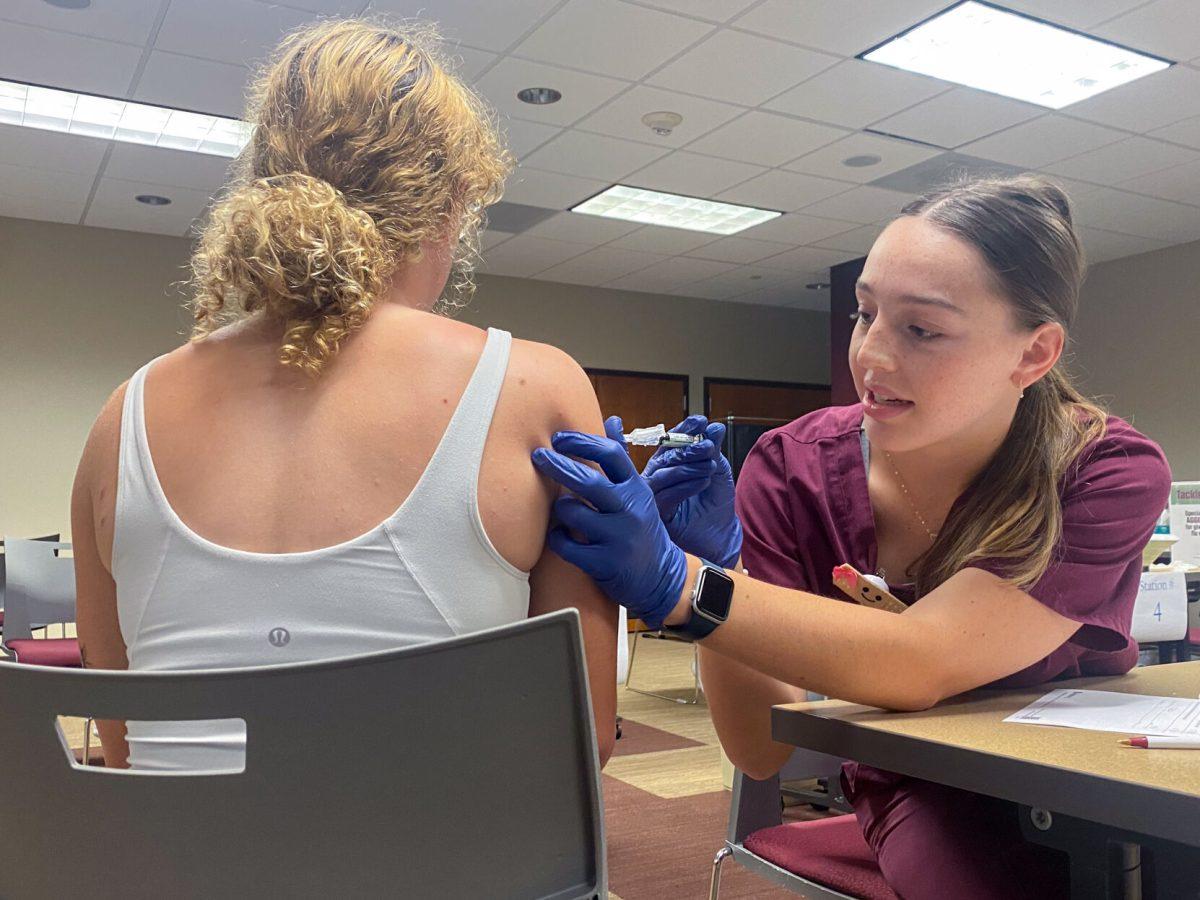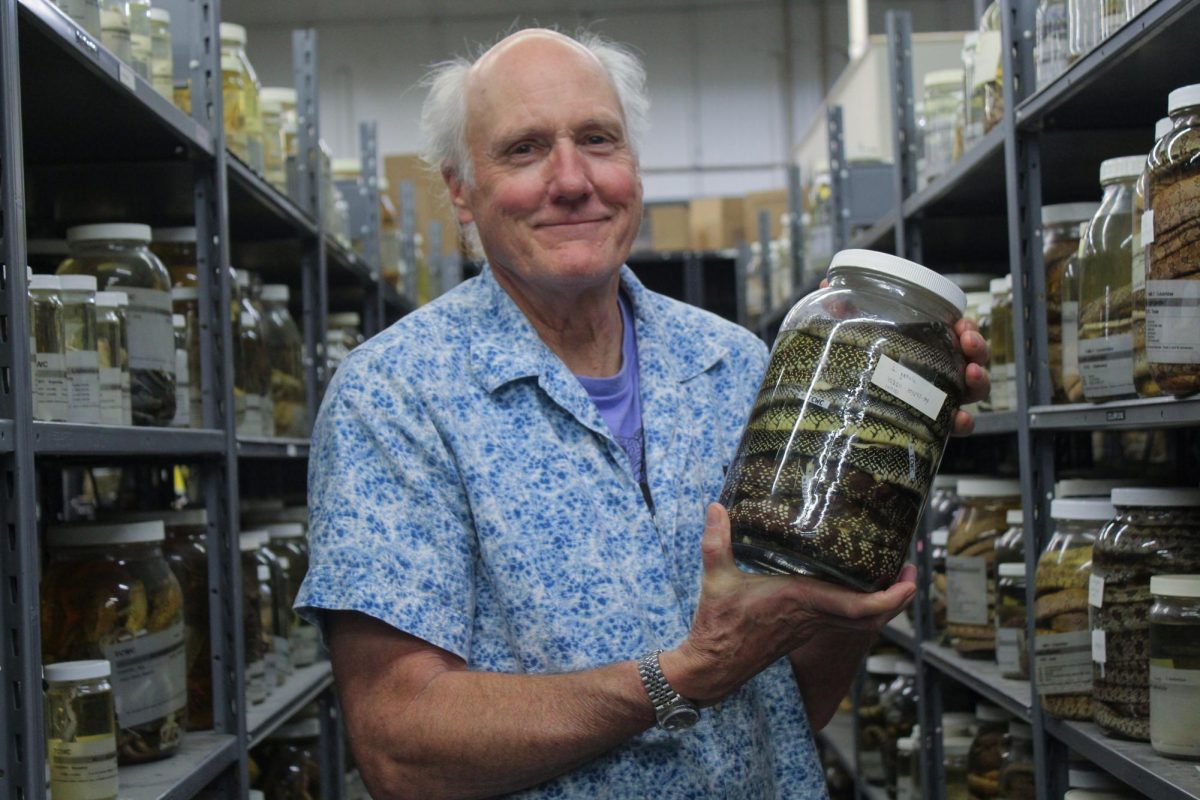As fall settles in, a wave of respiratory illnesses is sweeping across college campuses, filling classrooms with the sounds of coughs and sniffles. In response, Texas A&M’s University Health Services is ramping up awareness and vaccination efforts on and off campus.
“Every year around this time, we see a rise in respiratory illnesses like the common cold and some cases of the flu,” Dr. Gayle Ponder, chief of medical staff at the A.P. Beutel Health Center, said. “The close contact that comes with dorm living, packed lecture halls and shared spaces makes it easy for these viruses to spread quickly.”
As the annual influenza season swings into motion, university health officials are reporting an increase in students seeking care for persistent coughs, congestion and fatigue. While most cases remain mild, Ponder said the symptoms can disrupt students trying to keep up with their academic responsibilities.
To combat the spread of respiratory illnesses, the health center has ramped up awareness efforts and flu vaccinations, the latter being a key preventive measure, Ponder said. “The flu shot is one of the best ways to protect yourself against severe illness, especially in a community environment like a university, and we’re offering them for free to ensure that cost isn’t a barrier,” Ponder said.
The initiative is centered at the A.P. Beutel Health Center, and students can make appointments online or over the phone. While the CDC notes that this season’s infections remain largely minimal, millions of cases have still been reported across the U.S., a surge noticeable on campus, health senior Sarah Ybarra said.
“You hear coughing in every class,” Ybarra said. “I know many people who are sick right now, and it’s tough to stay on top of everything when you feel worn out.”
Information booths and posters around campus encourage students to wash their hands frequently, avoid sharing drinks and stay home when feeling unwell. However, despite these efforts, Ponder acknowledged the difficulty of fully containing the spread.
“In such a social environment,” Ponder said. “It’s hard to eliminate all risk, but every small step helps.”
Ybarra said the contagious nature of the illnesses often gives students little choice.
“Even when you do everything right, it’s hard not to catch something when you’re in close contact with others all the time,” Ybarra said. “You can’t really avoid the shared air in lecture halls.”
If infected, Ponder said taking time off is vital for a quick recovery and to prevent the spread, even if it means missing class.
“We’ve been working with faculty to encourage flexibility for students who are unwell,” Ponder said.
The university has urged professors to provide online resources or recorded lectures to allow students to catch up if an illness causes them to miss class. The policy aims to balance academic progress with health, helping reduce the pressure on students who need time off.
“It’s good to know that professors are understanding, but it’s still hard not to worry about falling behind,” Ybarra said. “It helps when they remind us that it’s OK to prioritize our health.”
As the season continues, health officials hope that increased awareness and preventive measures will reduce the impact of respiratory illnesses on campus life, and Ponder said she remains cautiously optimistic.
“We might not be able to stop every illness, but together, we can slow the spread and keep our campus as healthy as possible through the winter months,” Ponder said.






